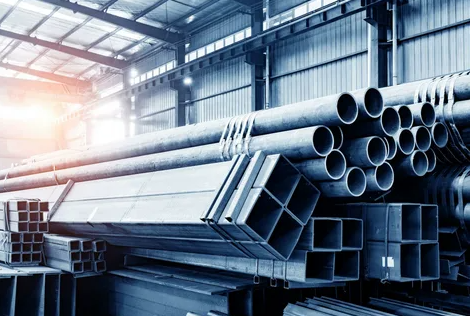The EU steel industry supports the new EU protective measures
The German Steel Federation (WV Stahl) said that the new structure is an important step in ensuring fair competition in the steel trade in the EU. "The planned tariff quota system is balanced and creates a much-needed basis for fair competition. In this way, the EU strengthens domestic steel production and removes key barriers to investment in decarbonization," said Gunnar Grebler, president of the German Steel Federation. According to Grubler, the new mechanism will not isolate the European market, but will protect domestic steel production without creating an unnecessary burden on the manufacturing industry.
The Spanish Steelworkers' Association, UNESCO, also welcomed the change, saying the measure responds to "long-standing demand from the sector, which has warned of the impact of global overcapacity and unfair imports on industry viability, employment and sustainability." Carola Hermoso, Director General of UNESCO, stated: "The Commission's proposal is ambitious and urgently needed. It restores the foundation for fair competition, increases capacity utilization, and provides stability and confidence for investments. This is important for securing the future of European steel and the thousands of jobs that depend on it."
In addition, the German metalworkers' union IG Metall noted that although the new framework is moving in the right direction, it should be implemented by January 2026 at the latest and backed by growth incentives and investment incentives to combat the problem of overcapacity. Jurgen Kerner, vice chairman of IG Metall, said that "trade policy alone is not a guarantee for the survival of the European steel industry and the jobs it creates," stressing the need for






